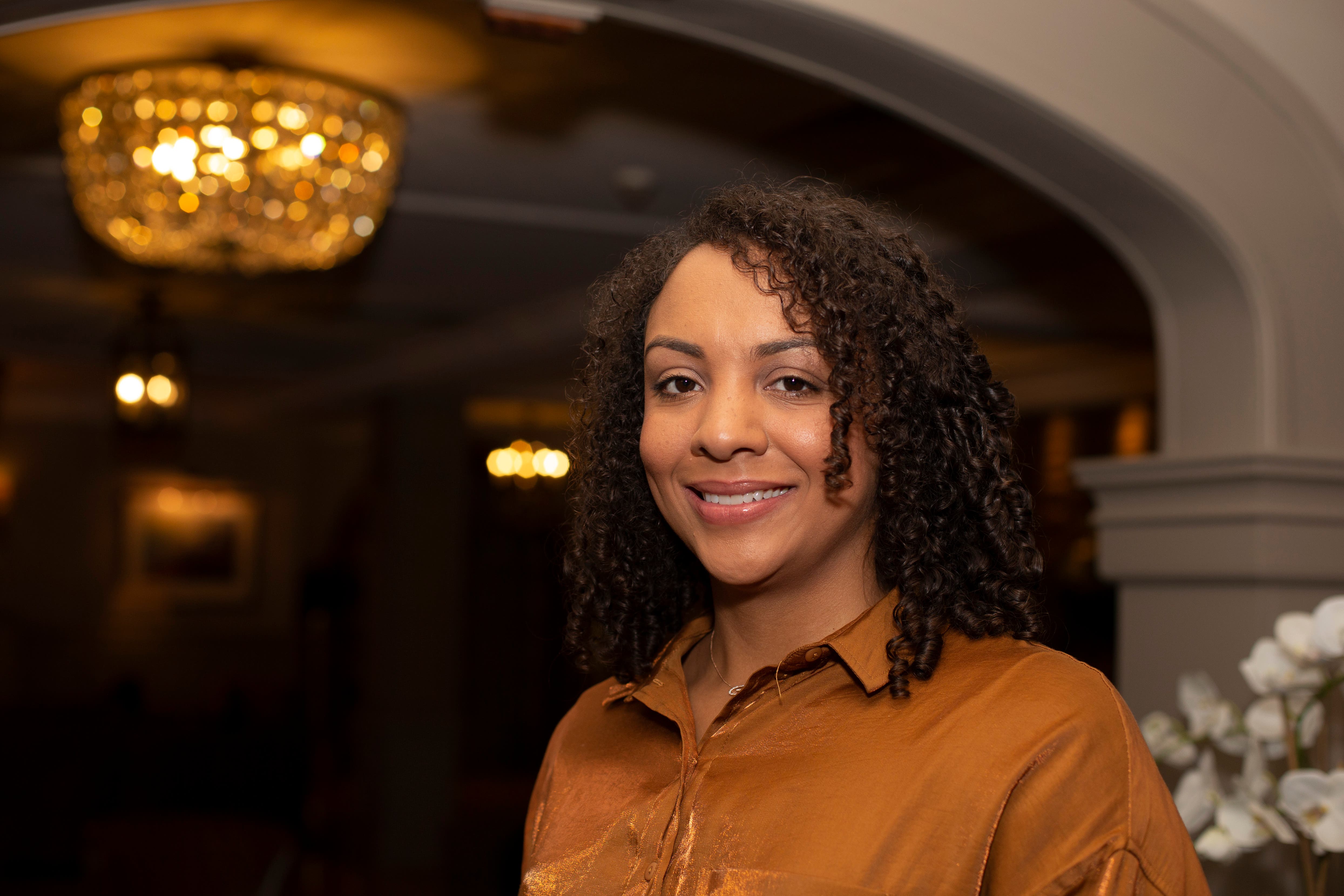Diversity in foster care ‘gives children someone to identify with’
The managing director of a foster care business said diversity is still important for young people.

Your support helps us to tell the story
From reproductive rights to climate change to Big Tech, The Independent is on the ground when the story is developing. Whether it's investigating the financials of Elon Musk's pro-Trump PAC or producing our latest documentary, 'The A Word', which shines a light on the American women fighting for reproductive rights, we know how important it is to parse out the facts from the messaging.
At such a critical moment in US history, we need reporters on the ground. Your donation allows us to keep sending journalists to speak to both sides of the story.
The Independent is trusted by Americans across the entire political spectrum. And unlike many other quality news outlets, we choose not to lock Americans out of our reporting and analysis with paywalls. We believe quality journalism should be available to everyone, paid for by those who can afford it.
Your support makes all the difference.The managing director of a black-owned childcare business has said diversity in foster care is needed as it gives children someone to “identify with”, as she reflected fondly on having foster siblings growing up.
Banya Family Placement was started in 1997 by Nyasha Gwatidzo, who came to the UK from Zimbabwe as a political refugee, and is now run by her daughter Chido Poe, who is managing director.
The London-based business helps to find homes for children and assists in parent and child rehabilitation through the foster system.
Ms Poe told the PA news agency that representation is important in the industry because it gives children somebody with “similar experiences to them” to “identify with”.
“When you are a looked-after child, unfortunately it’s quite likely that you get moved around a lot, so that can make you lose your identity and where you came from, especially if you left your parents at a young age and you don’t really have contact with them,” the 35-year-old said during Black History Month.
“I’m not saying necessarily that all foster carers have to be black, or they have to be Asian, to be able to give that child a strong sense of identity, but it’s just being aware and trying to find out where the child is from and trying to find out about their culture and talking to them about it.
“Because I think we take those things for granted when we come from a family.”
Ms Poe particularly remembers having three foster brothers who had escaped from the war in Somalia and stayed with her family until it was safe for them to return home, and said she was “glad” to have had foster brothers and sisters.
“I didn’t have a brother and sister until I was seven, I was lonely, so it was quite nice to have some company and some other young people in the house,” she said.
“When I look back on it, it was a huge learning curve for me to have foster brothers and sisters, because it kind of made me realise what I had in terms of family and support and love and what some other people don’t.
“And you’re also meeting people from different walks of life, so it has always made me conscious of marginalised people and people that have had it tough in certain situations.”
Perpetua Irene Araba Graham Afar has been a foster carer for Banya since 2018 and has homed five teenagers and six parent and baby pairings.
Ms Afar, originally from Ghana, also grew up with foster brothers and sisters, and said at one time there were 10 foster siblings and her five sisters all living in the same home.
She also spoke about the importance of representation for children in fostering and said that as a foster parent, “you may develop a love that you didn’t realise you had in you”.
“It’s important to have the diversity because then it makes room for everybody,” she told PA.
“Everybody can fit into it. But for foster carers you shouldn’t see colour, you shouldn’t see colour at all.
“It’s about how you feel, how you deal with it, how you feel about work, and how best you can help.
“But diversity is also important so that everybody has a place to go to.
“I’m a Christian, but I welcome a Muslim, I will welcome a Hindu, I will respect the person’s religion, and diversity makes it accessible.”